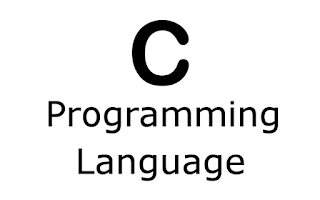Header files in C
Header files in C are a way to separate the interface of a program or library from its implementation. They are used to declare functions, variables, and other constructs that can be used in other parts of a program or multiple programs.
In C, header files typically have the file extension ".h" and are included in other source files using the preprocessor directive "#include". For example, to include the standard input/output library in a source file, you would use the line "#include <stdio.h>".
When a source file includes a header file, the preprocessor copies the contents of the header file into the source file at the point of the inclusion. This allows the source file to use the functions, variables, and other constructs declared in the header file without having to know the implementation details.
One benefit of using header files is that it allows for easy modification of a program's interface without having to change the implementation. For example, if you need to change the number of arguments a function takes, you can do so in the header file without having to change the source code that calls the function.
Another benefit of using header files is that it allows for code reuse. By putting commonly-used functions and variables in a header file, multiple programs can use them without having to duplicate the code.
It is good practice to include only the necessary declarations in a header file and to separate declarations into appropriate header files. For example, function declarations related to input/output should be in a separate header file from those related to memory management.
In conclusion, header files are a useful feature in C that allows for separation of a program's interface from its implementation and code reuse. They should be used judiciously and in an organized manner to make maintaining and understanding a program easier.



